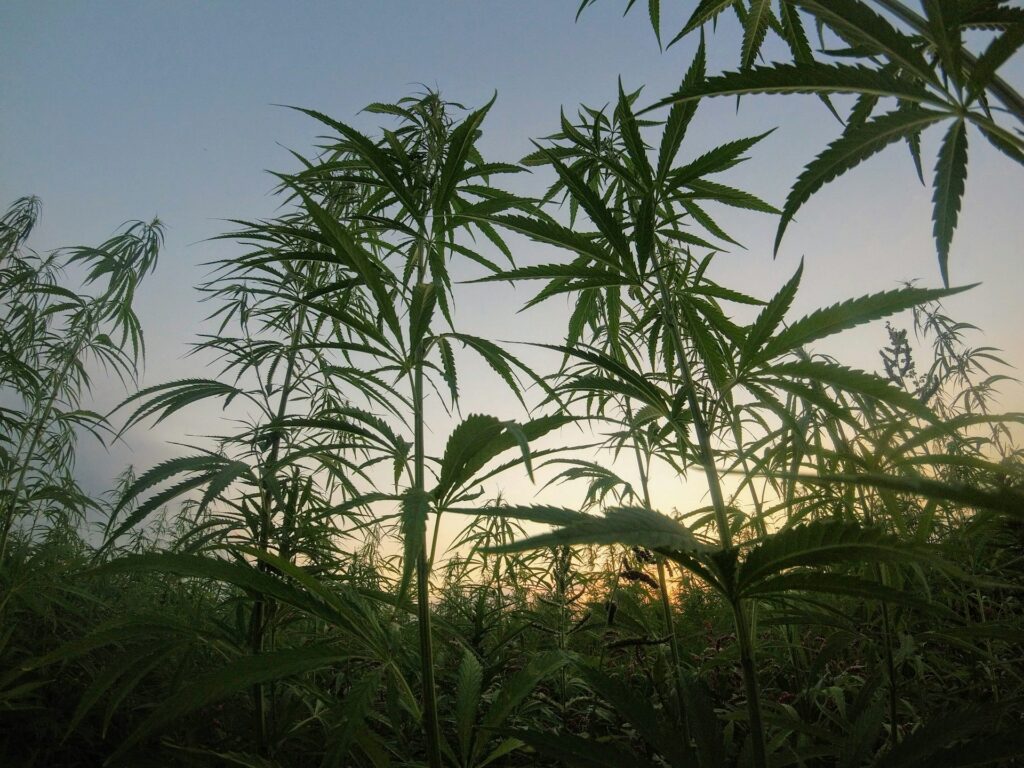Morocco has legally exported cannabis resin for the first time, marking a significant step in its efforts to exploit the global legal cannabis market, despite facing strict regulatory challenges. The country’s transition from illegal to legal cannabis cultivation aims to boost its economy through diverse industries, sustainable agricultural practices, and substantial potential revenues.
Morocco Legally Exports Cannabis Resin For the First Time


For the first time, Morocco has legally exported cannabis produced on its soil. The country sent 100 kilograms of resin to Switzerland, with a THC content below 1%, for a communicated amount of 1,400 to 1,800 euros per kilogram. Although financially symbolic, this first exportation is part of broader legislative reforms aimed at exploiting Morocco’s potential in the global legal cannabis market.
For more news like this, along with all the latest in legalization, research, and lifestyle, download our free cannabis news app.
The Rise of Legal Cannabis Production in Morocco
Since the legalization of cannabis for specific purposes in 2021, Morocco has seen renewed interest from investors. According to Insight Partners, the global medical cannabis market is expected to exceed 50 billion dollars by 2028, a lucrative opportunity for Moroccan stakeholders. The Moroccan Federation of the Pharmaceutical Industry and Innovation (FMIIP) forecasts potential annual revenues ranging from 4.2 to 6.3 billion dirhams, provided the country captures a significant share of the European market.
The Moroccan regulatory framework, although strict, has not discouraged the participation of local and international companies. Sothema, a leading pharmaceutical company, has already developed several cannabis-based medicines intended to treat chronic diseases such as cancer and multiple sclerosis. Khalid El-Attaoui, director of Axess Pharma, anticipates that these medications will be marketed by 2025 and will target major European markets, including Germany, Denmark, and France.
Economic Impact and Exit from the Illegal Market
Despite its promising prospects, the cannabis industry in Morocco faces significant challenges. Regulatory obstacles, particularly stringent requirements concerning psychotropic substances, hinder market entry and product development. Moroccan stakeholders remain optimistic, emphasizing Morocco’s adherence to international standards in cultivation and manufacturing practices.
In Rabat, the National Agency for the Regulation of Cannabis-Related Activities (ANRAC) considers cannabis an important transformative sector in Morocco. ANRAC’s vision extends beyond medicine to encompass various industries such as aeronautics, agrifood, and textiles, all poised to benefit from innovations derived from industrial hemp.
The transition Morocco made from illicit to legal cannabis cultivation is a crucial step toward sustainable agricultural practices. ANRAC reports a substantial increase in authorized cultivation areas.
Although challenges such as climate variability and production costs persist, initiatives to rehabilitate ancestral cannabis varieties such as the “beldia,” which are adapted to local conditions in Morocco, are underway.
—
(Featured image by Matteo Paganelli via Unsplash)
DISCLAIMER: This article was written by a third-party contributor and does not reflect the opinion of Hemp.im, its management, staff, or its associates. Please review our disclaimer for more information.
This article may include forward-looking statements. These forward-looking statements generally are identified by the words “believe,” “project,” “estimate,” “become,” “plan,” “will,” and similar expressions. These forward-looking statements involve known and unknown risks as well as uncertainties, including those discussed in the following cautionary statements and elsewhere in this article and on this site. Although the company may believe that its expectations are based on reasonable assumptions, the actual results that the company may achieve may differ materially from any forward-looking statements, which reflect the opinions of the management of the company only as of the date hereof. Additionally, please make sure to read these important disclosures.
First published in Newsweed, a third-party contributor translated and adapted the article from the original. In case of discrepancy, the original will prevail.
Although we made reasonable efforts to provide accurate translations, some parts may be incorrect. Hemp.im assumes no responsibility for errors, omissions or ambiguities in the translations provided on this website. Any person or entity relying on translated content does so at their own risk. Hemp.im is not responsible for losses caused by such reliance on the accuracy or reliability of translated information. If you wish to report an error or inaccuracy in the translation, we encourage you to contact us.



Comments are closed for this post.